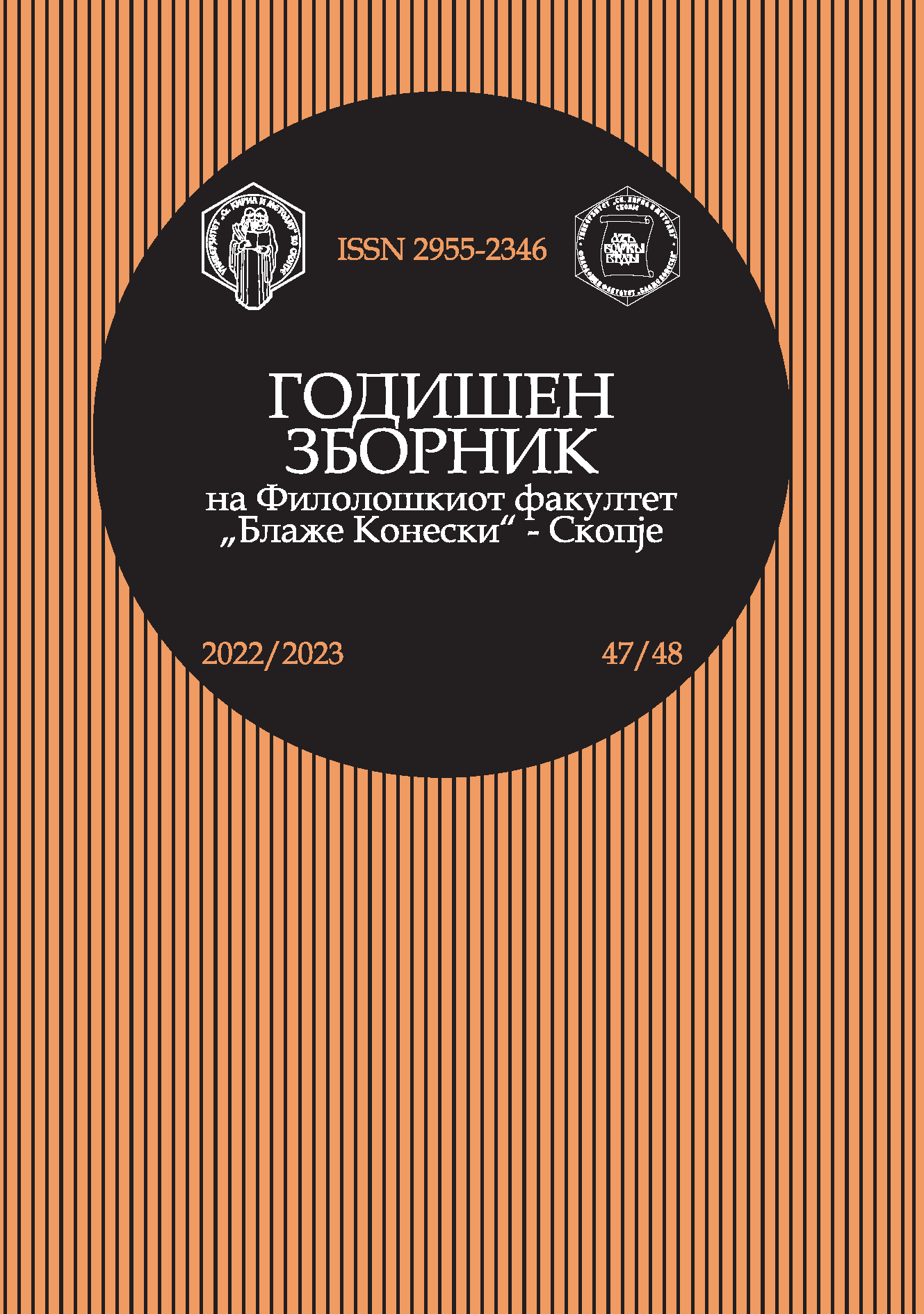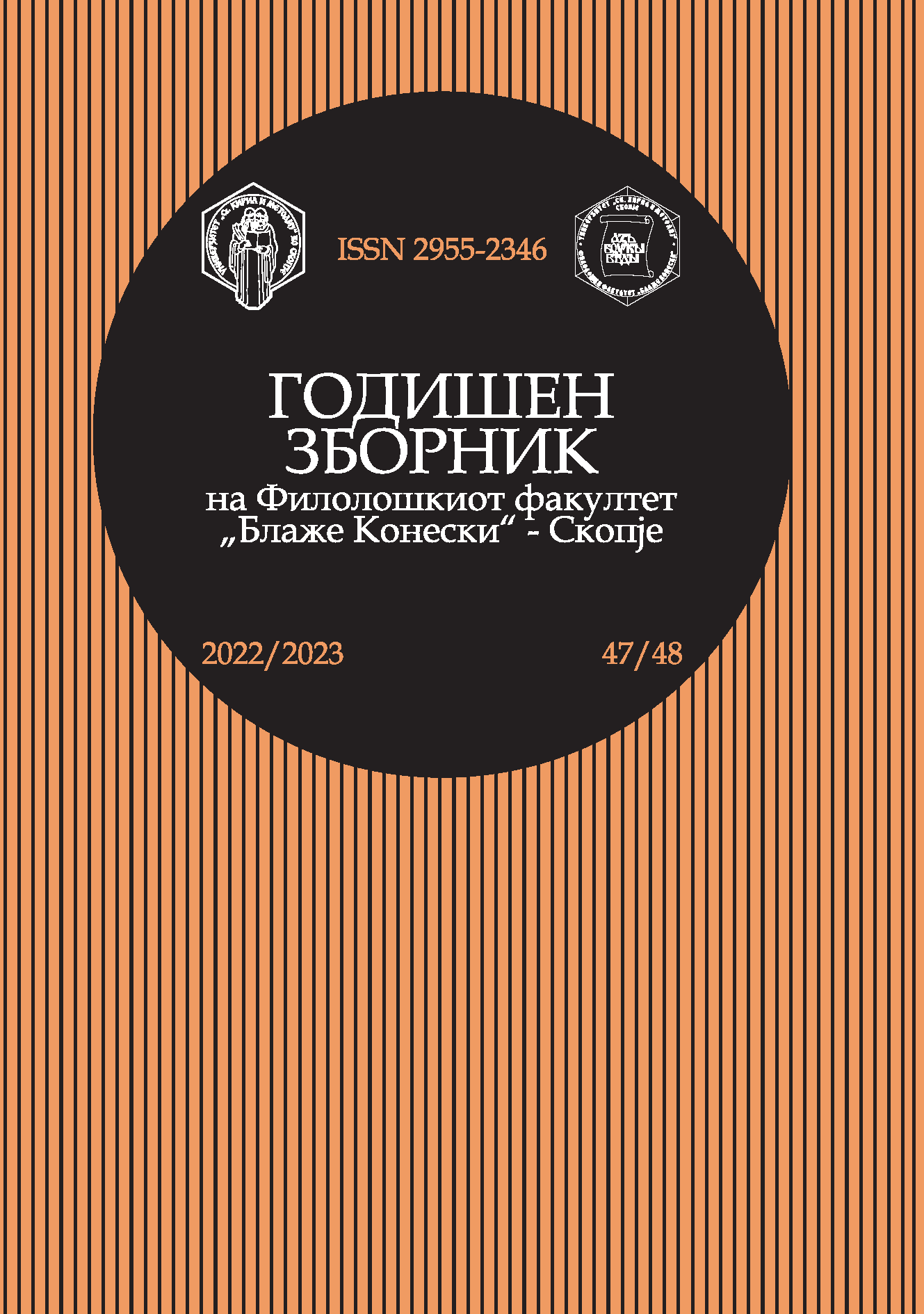Метафикција и нарација во романот „Искупување“ на Иан Мекјуан
Апстракт
This chapter analyzes the key elements of metafiction and narration that make the novel Atonement one of the pivotal works of the English postmodernist prose. Metafiction with its most significant properties, which directly deals with the relationship between the reader and the text, is one of the main points in this chapter. As a postmodernist tool, metafiction helps the reader to be warned about the unreliability of the narrator in the novel who often merges with the author. Patricia Waugh’s definition of metafiction is also relevant to this chapter as it highlights both the possible consequences of critical interpretation and literary imagination on the characters as well as on the reader’s perception of the fictional and the real. The implications of time disruptions, the leaps forward in time and the flashbacks in the novel, are among the key points discussed in this chapter. Gérard Genette’s narrative tools are used to show Bryony’s thought process in her young and mature age of life in a more precise manner. The narrative techniques are used to set the atmosphere and provide a thorough overview of the work. The novel, in which the process of novel-writing is highlighted, obliges the reader to decide whether or not to believe the narrator about what is true and what is not in the text itself. McEwan draws the reader in the story that he tells, at the same time reminding them repeatedly that his novel is fiction. The development of Bryony’s character, through the use of different points of view, the specific organization of the structure, as well as the multiple levels of meaning in the novel, showcase McEwan’s skill as a writer and make this work an exceptional example of a postmodern metafictional narrative.
Downloads
Референци
Ellam, Julie. 2009, Ian McEwan’s Atonement. London: Continuum.
Genette, Gerard. 1980. Narative Discourse: An Essay in Method. New York: Cornell University Press.
Jie Han, Pei Wang. 2015. “The Experimental Techniques in Ian McEwan’s Atonement.” Open Journal of Social Sciences. p. 164-165.



